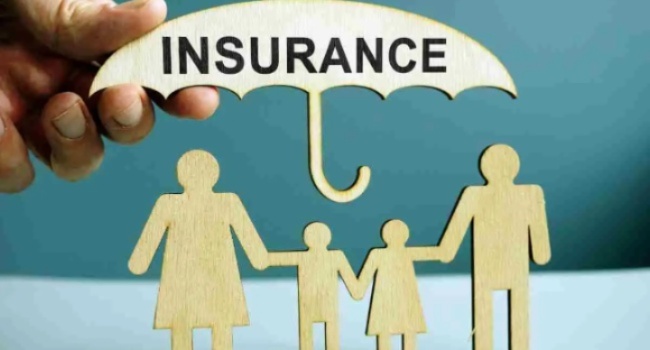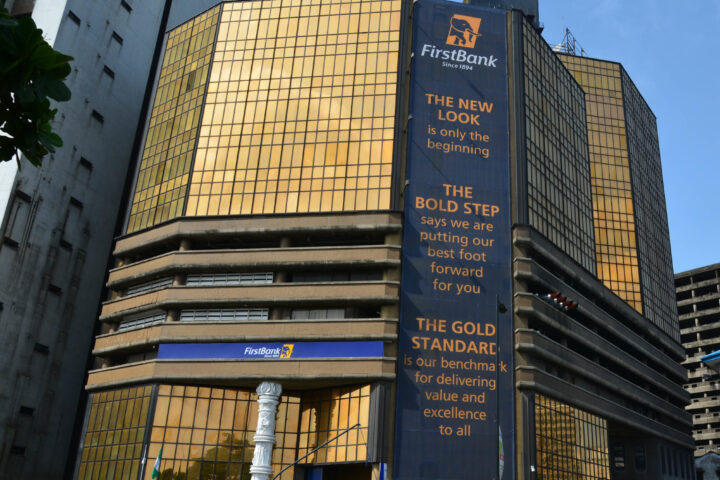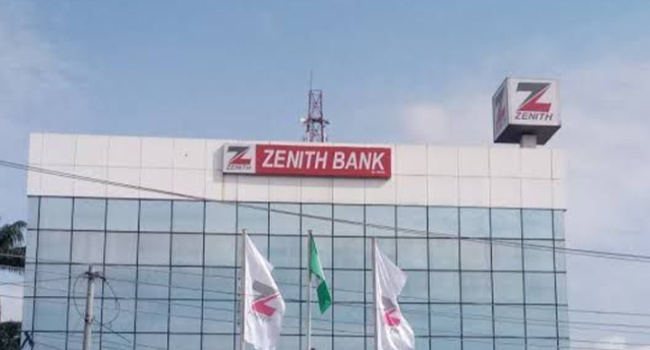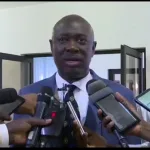The military regime of Olusegun Obasanjo in 1977 promulgated the Price Control Decree (later Act). The law makes it illegal for some products (including fuel) to sell beyond government’s set prices. Remarkably, the official price of fuel in Nigeria is always below the cost of importing the product. This means that government pays the importers the difference between importation costs and the government approved prices.
Unfortunately, Nigerians have rarely bought fuel at the pump prices approved for the product. The Nigerian government has subsidized fuel prices from as low as 5 kobo in the 1970s to N197 in May 2023. But, as of June 2023, petrol sold at N600 across the country, against the approved price of N195.
Join our WhatsApp ChannelSince the 1980s when Nigeria’s four refineries began to slide into a coma, fuel importation has increased with each passing year. This has also increased the amounts budgeted for fuel subsidy as well as the approved prices of the product. Even when government has not increased the prices, fuel importers always cite problems such as port congestions, freight prices, and high volatility in the international oil market. Bad roads, floods, insecurity, religious festivals, sabotage/pipeline vandalism & outright political inefficiency also combine to bring about seasonal scarcity. For these reasons, almost every government since 1999 has witnessed at least 366 (non-consecutive) days of fuel shortages. Each case of fuel shortage causes an arbitrary price hike of over 200% relative to approved pump prices.
READ ALSO: Fuel Subsidy: Marketers Promise To Provide 100 Gas-powered Mass Transit Buses
Since February 2022, there has been a lingering fuel scarcity in Nigeria, especially in Abuja, making it one of the longest scarcities in history. In Lagos and Abuja, fuel queues grow as long as 3 kilometers in some stations that accept to sell the product.
As a result, Nigerians have hardly enjoyed fuel subsidy. Note that the rise in fuel prices does not often tally with the attendant rise in cost of goods and services. According to a recent study by a Lagos research firm tracking the situation, “over a five-year period, petrol prices increased by 12.1%, petrol subsidy by 890% and transport cost by 283%. Some have argued that Nigerians buy fuel at a relatively cheaper rate than other countries. For instance, consumers in the UK and Ghana buy a litre of petrol at £1.44 ($1.80) or 14 cedis ($1.24) respectively, while Nigerians, as of May 2023, paid N195 (officially) for a litre of petrol. According to a Reuters report, the Nigerian government spent N4.4trillion on fuel subsidy, about $10 billion dollars in 2022. This amount is 15% of the 2023 budget and is more than the appropriation to education (8.2%) and health (5.3%) combined.
Yet, some marketers illegally divert Nigeria’s cheap fuel to other countries. This is why some analysts accuse the majority of Nigerians of being ignorant of the negative impacts of subsidy on national income generation, and government infrastructure building capacity. The argument is therefore that subsidy should be removed to free up money for infrastructural development.
Unfortunately, the comparison between fuel prices in Nigeria on the one hand and some developed countries on the other lacks important contexts such as the earnings in the countries of comparison. Consider the minimum wage and the prices of fuel in the following countries. First is minimum wage: Spain (N535, 556), the US (N535, 340), the UK (N955, 876), Germany (N947, 618), France (N866, 241) and Nigeria (N30, 000). In terms of the fuel prices, the countries have the following shares: Spain (N246.9), the US (N403.3), the UK (N330.6), Germany (N330.6), France (N335.7), and Nigeria (N600).
Fuel Subsidy: A Hollow argument
First, fuel subsidy has been a very hollow argument. The subsidy debate exists because of full-scale importation of fuel in Nigeria, a country that holds the sixth largest oil reserves in the world. This situation is shameful considering that Nigeria has thousands of petrochemical engineers across the universities and industries. Note that, curiously, the government spends thousands of naira to fight illegal oil refining in Nigeria, which services fuel stations in some states. If a single individual like Aliko Dangote can build a refinery, how much more can Nigeria refurbish existing ones and/or build new refineries? From an initial $9 billion estimate, Dangote’s refinery and petrochemical plant in Lagos cost $18.5 billion. In eight years, the government of Muhammadu Buhari spent N17.5 trillion on fuel subsidy. Out of this, N10.5 trillion was spent in the last 18 months of the administration. Since the turn of democratic rule, the country has spent about $35 billion on fuel subsidy.
Nigerians still pay as if subsidy was never there
Just minutes after inauguration, President Bola Tinubu jerked the whole country with subsidy jingoism, announcing hastily that ‘subsidy is gone’. Well, the cultural suffering of many Nigerians and acquaintance with high fuel prices may have made Nigerians to absorb the shock, without protracted protests as in 2012. Until two months before Tinubu’s inauguration, fuel prices vacillated between N400 and N450. It only scaled back to N250 in the two months leading up to Tinubu’s oath of office. Since 1972 when government subsidized about 72% of the cost of fuel bought by Nigerians, the rate has continued to fall. It fell to 42% in 2011, which has been about the best in a decade. As fuel prices rose, so did the price of other commodities.
In addition to the rising prices, Nigerians also sleep at fuel stations, engage in panic buying, while businesses experience stress. With the current situation, experts fear that about 65% of small business, making up about 72% of businesses in Nigeria, may go out of business. Between February and March of 2022, the country had some of the worst experiences in the importation of adulterated fuel, which inflicted costs on motorists as a result of damaged vehicle engines.
Worse still, the secrecy surrounding subsidy payments has made it hard tell the quantity of petrol consumed in Nigeria, the actual quantity imported and subsidized. Information emerged last week that the then outgoing federal government illegally diverted $1.05 billion (N378 billion at N360 to a dollar), which was obtained from the Nigerian Liquefied Natural Gas dividend funds to secretly fund subsidy. It has also been in the realm of secrecy whether it has been the NNPC paying for fuel subsidy or the federal government. In December 2022, a drama ensued between the Group Chief Executive Officer of NNPC, Mele Kyari and the Comptroller General of Customs, Col. Hameed Ali (retd.), over the average daily fuel consumption. Kyari said it was 68 million litres, while Ali argued in favour of 98 million litres.
In 2012, the $6.8 billion dollars set aside to cushion the effects of a planned subsidy removal was said to have been embezzled by government officials. These situations have made it curious to explain subsidy to the average Nigerian, who has grappled with high fuel prices and shortages for many years. With or without fuel subsidy, the average Nigerian is accustomed to an unending rise in the cost of everything, not least fuel prices.
Dr. Mbamalu is a veteran journalist, Editor and Publisher


















Follow Us